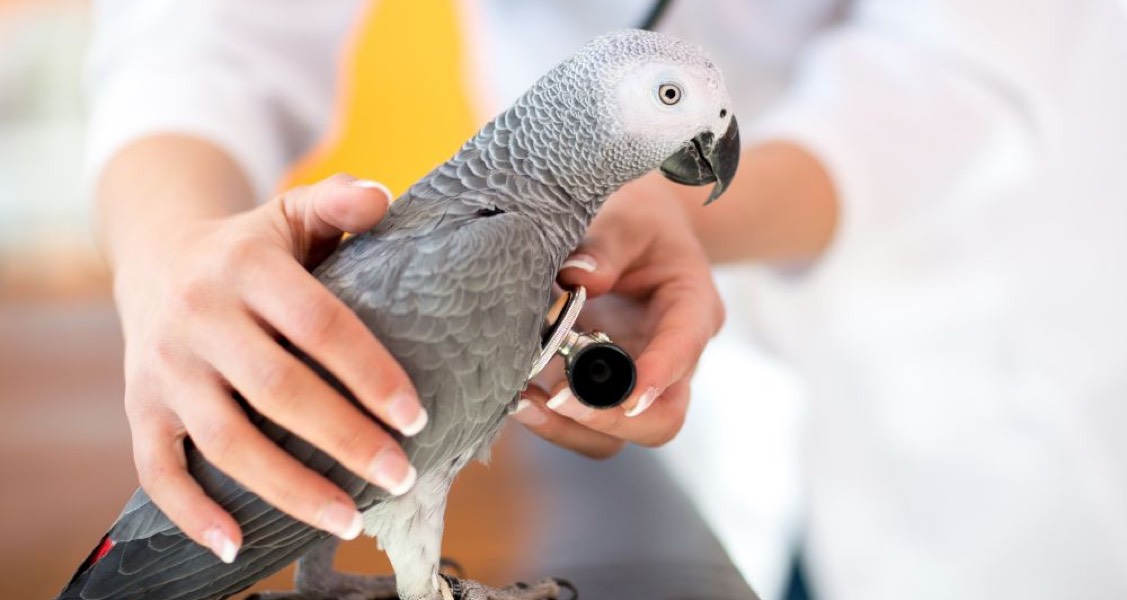Birds are delicate creatures that often hide signs of illness until their condition becomes severe. This behavior can be concerning because early detection is crucial to getting your feathered friend the care they need. How can you tell if your pet bird is sick? This guide will help you recognize the common signs of illness in birds and explain when to seek veterinary care.
Subtle Symptoms To Watch For
Birds instinctively mask signs of illness as a survival mechanism in the wild. However, certain subtle changes can indicate something is wrong. Look for the following to give your beaked buddy a helping hand.
Changes in Behavior
Is your bird less active or social? A normally energetic bird that becomes lethargic or isolates itself could be unwell. Watch for sudden mood changes or decreased vocalization.
Altered Eating and Drinking Habits
A loss of appetite or refusal to drink water is a red flag. Additionally, dropping food or struggling to pick food up could indicate an underlying health problem.
Drooping Posture or Weakness
A sick bird may sit at the bottom of its cage, fluff its feathers more than usual, or show trouble maintaining balance on a perch. These signs often point to weakness or fatigue.
Visible Signs of Illness
Sometimes, physical changes accompany a bird’s sickness. The following symptoms may be easier to observe:
- Dirty, ruffled, or dull feathers signal poor health. While molting is normal, bald patches or consistent feather plucking are not.
- A healthy bird’s droppings should be firm and well-formed. A change in color, consistency, or volume might indicate digestive issues or infection.
- Listen for wheezing, clicking, or labored breathing. Nasal discharge or sneezing could point to a respiratory illness.
- Swollen, watery, or crusty eyes may suggest an infection. Similarly, overgrown or discolored beaks require attention.
When To Contact a Veterinarian
Bird illnesses often progress fast; even one or two warning signs should prompt a call to your avian veterinarian.
During the visit, pay attention to what your vet does. You can learn how veterinarians weigh very small animals and how they listen to the heart and lungs. You might be able to use some of the same methods at home. Most importantly, make sure to follow your vet’s instructions for caring for your bird. These care instructions may include administering medications, changing the bird’s diet, or creating a more suitable living environment.
Regular vet visits also help establish a baseline for what’s normal for your bird.
Know and Protect Your Pet Bird
Understanding how you can tell if your pet bird is sick ensures they receive the care they need before complications worsen. Trust your instincts; even small changes can signal the start of something severe. Your quick action could ensure your feathered friend stays chirping for years.








